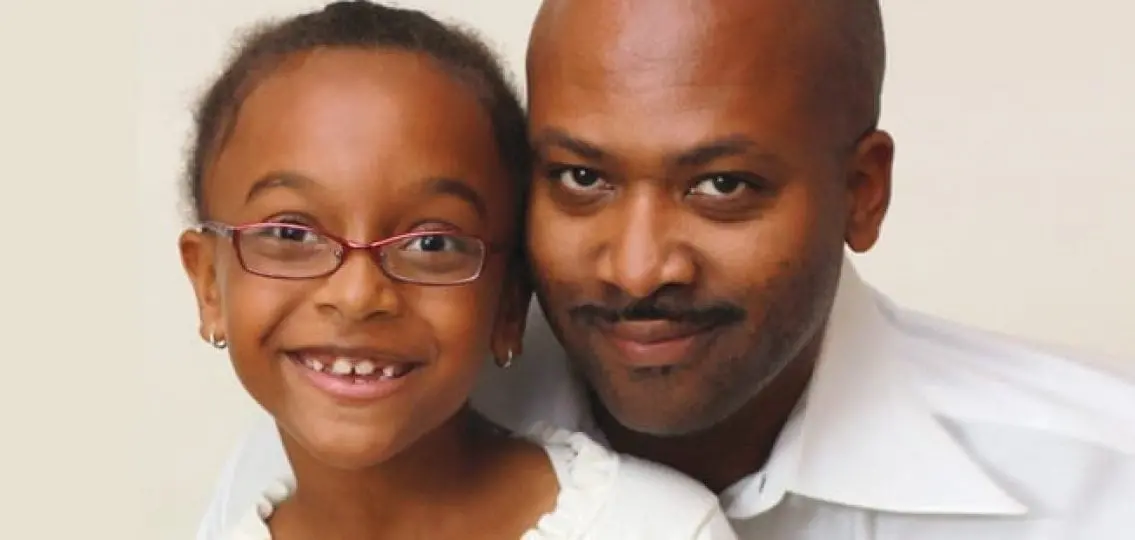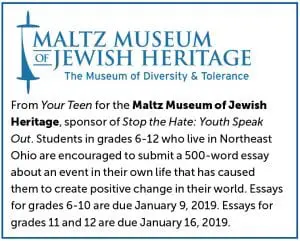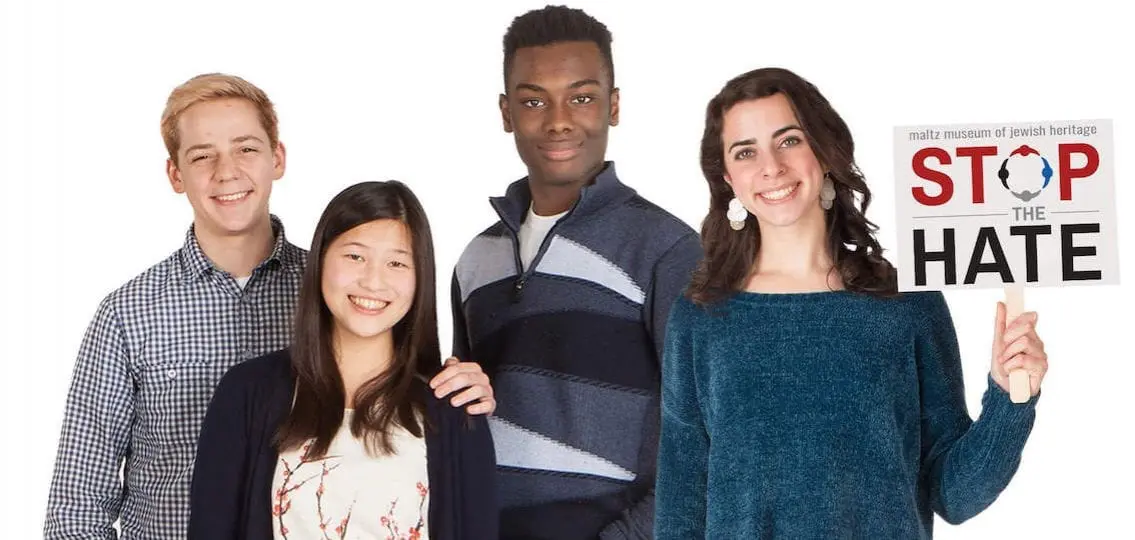According to a recent report by the FBI, hate crimes rose in the U.S. by more than 17% in 2017. It is the biggest annual increase in reported hate crimes since 2001 (after 9/11). It’s the third straight year that hate crimes have gone up. And it seems that not a week goes by without a story of hate in the news. How can we stop the hate?

Teens Do Have Power
In the face of such sobering statistics and news stories, young people may feel powerless to make a difference, given that most of them cannot yet vote. Yet parents and other caring adults can help teens change the world around them by using their most powerful weapon: their voices.
When teenager Hannah Shuffer overheard students at her school making fun of special education students, she resolved to put a stop to it. Her first step was to put her thoughts and feelings into words as part of a classroom essay assignment.
“Writing my essay helped shape my plan. Ideas are just ideas until you write them down. When you’re writing an essay, you’re really thinking,” says Shuffer, a senior at Orange High School in Pepper Pike, Ohio. Enlisting the help of friends, she designed a campaign to teach her classmates that people with disabilities are just like everyone else. Her goal: to help them understand that people like her brother, who has cerebral palsy, are worth getting to know one-on-one.
Shuffer entered her essay in Stop The Hate: Youth Speak Out essay contest sponsored by the Maltz Museum of Jewish Heritage in Beachwood, Ohio. Her essay was awarded grand finalist, earning her a college scholarship and money for her school to use for anti-bias training.
“Since I won the essay contest, I haven’t heard people making fun of special education kids,” says Shuffer. “My essay was only 400 words. It doesn’t have to be long to have an impact.”
Use Energy to Be Change Agents
The fact is that adolescents are at the perfect age to create positive change, says Lina Acosta Sandaal, a psychotherapist and parent coach in Miami, Florida.
“The beauty of adolescence is that the brain area that focuses on the negative slows down and gets a little quieter. That’s why they’re risk-takers,” says Sandaal. “Teen brains are primed to only see the pros in the pros and con list.”
Still, teenagers need parents to help lead them toward more positive risk-taking experiences, adds Sandaal. “If we want our kids to be agents of positive change in our communities, we need to find out what they are interested in and lead them.”

Sandaal’s teenage daughter came with her to write postcards before the recent election. “She surprised me with what she wrote on those cards: ‘I can’t vote, so vote for me!’” says Sandaal. The parent’s role is to plant the seed, provide support, and then get out of the way.
Giving your teenager an outlet to express their concern and caring is incredibly empowering. It can also be very healing.
“Hate knows no boundaries. Through reading these essays every year, we understand students experience deep pain as they face serious, difficult challenges,” says Dahlia Fisher, director of external relations at the Maltz Museum.

“Their experiences and their ability to stand up and say ‘This happened to me’ is powerful. Just like hate is a disease, love is a multiplier. When you share your voice and speak up, others will raise their voices, too,” says Fisher.
From Your Teen for the Maltz Museum of Jewish Heritage, sponsor of Stop the Hate: Youth Speak Out. Students in grades 6-12 who live in Northeast Ohio are encouraged to submit a 500-word essay about an event in their own life that has caused them to create positive change in their world. Essay submissions for this yearly contest are due in January.




